Almost 6 months after the $20 fast food minimum wage took effect in California, reports finally show that 98% of restaurants hiked their prices in the face of the new costs. Also, nearly 90% of the affected institutions slashed employee hours to save on paying out wages.
California Governor Gavin Newsom signed the law into effect on April 1, 2024. A study by the Employment Policies Institute, a conservative, non-profit think tank asked 182 fast food eateries throughout the state about the ramifications of the new law to finally show consumers why prices are rising so quickly.
The Survey Uncovered Worrying Information
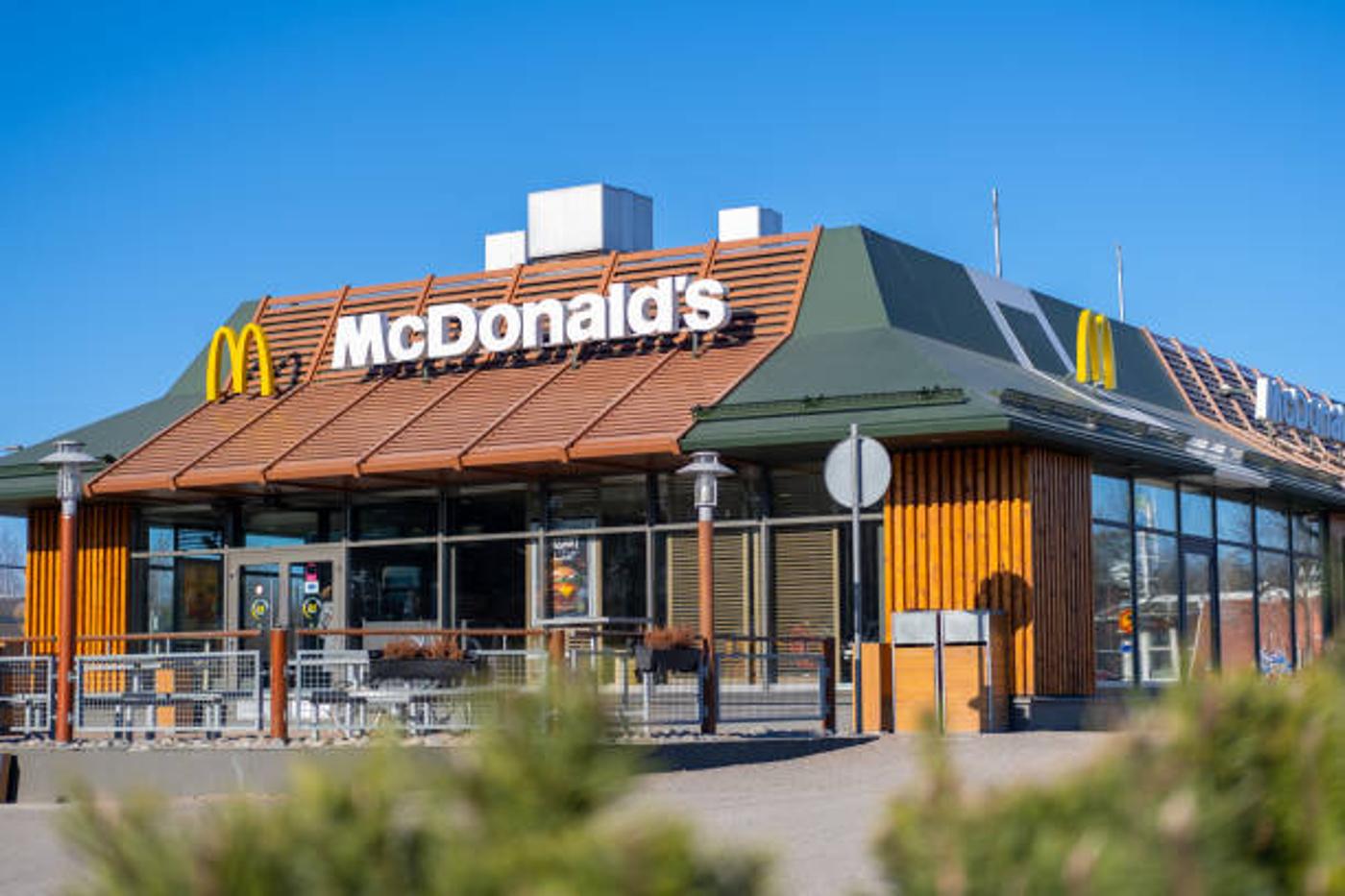
The survey was conducted by the partisan group in June and July, just a few months after the wage increase occurred. They found that almost every single restaurant that they polled increased their prices as a direct result of the wage hike.
As well, the group also uncovered new and worrying information that 93% of the companies plan to implement a new price increase early next year. Another large portion of the surveyed restaurants, around 87% will cut more employee hours within the next 12 months.
Fast Food Business Model Is No Longer Successful
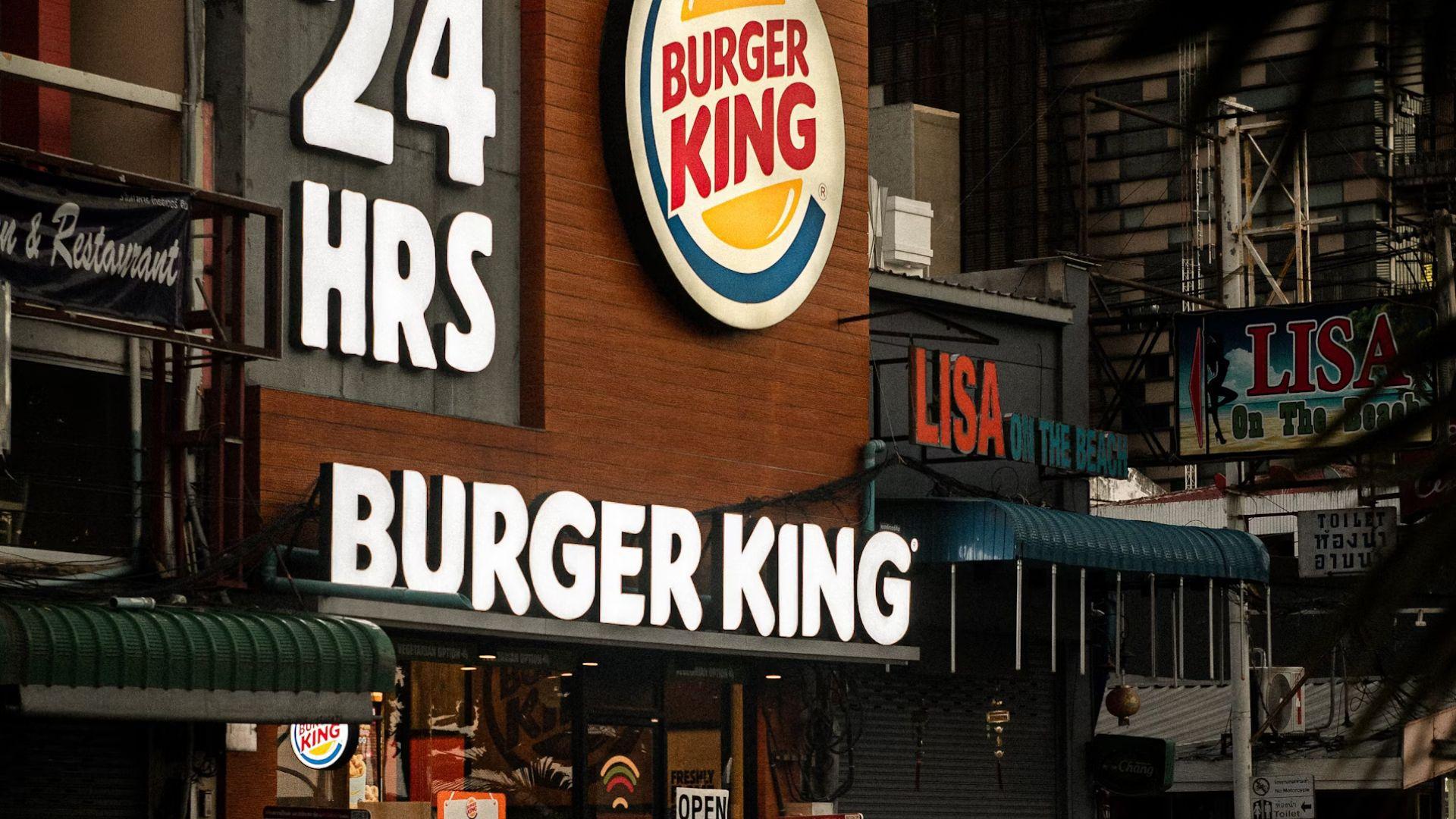
Before the new wage increase took effect, several big-name giants in the fast-food game noted that they felt as though they wouldn’t be able to survive the increased cost of goods due to the COVID-19 pandemic shutdowns and logistics delays.
Just a few months after the $20 minimum wage took effect for fast-food restaurants with more than 63 locations, the policy is being called a disaster. Thousands of jobs have been killed while burger joints across the state are shutting their doors for good.
Wages Are a Big Cost of Doing Business
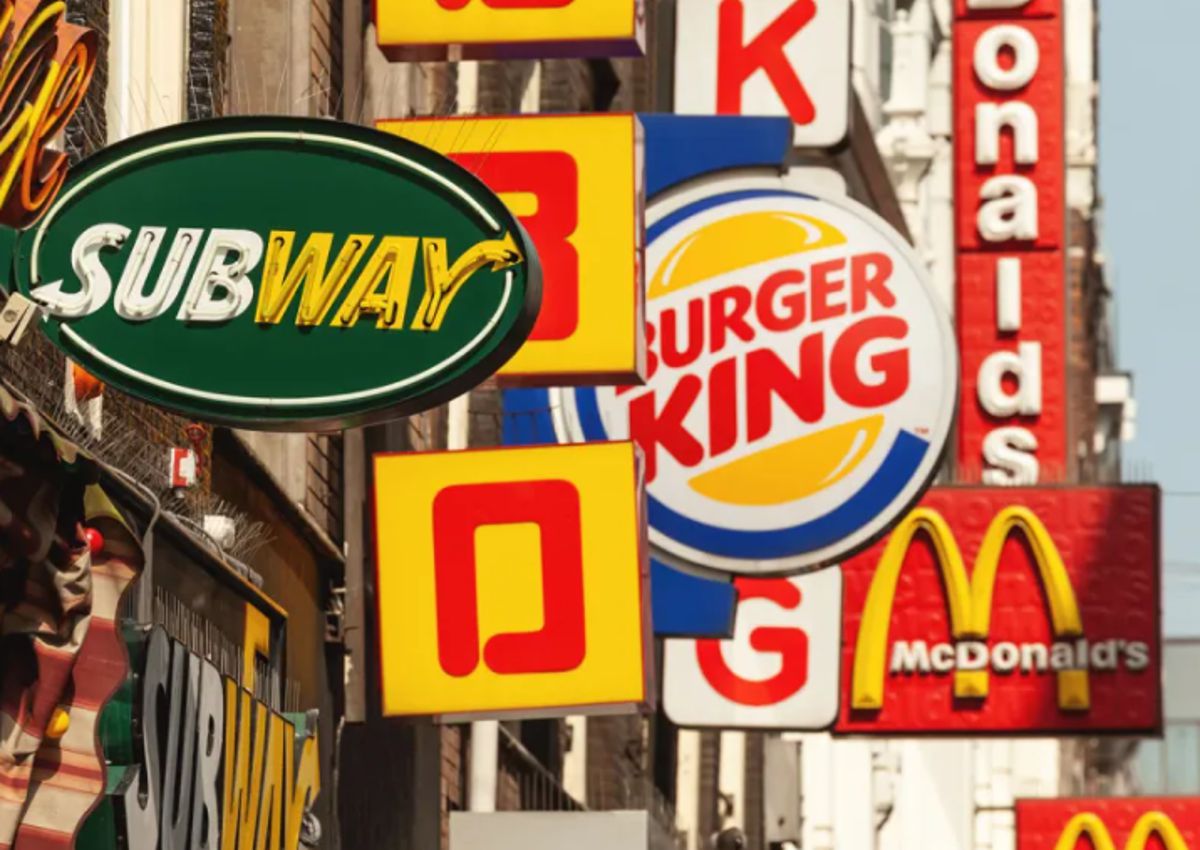
It shouldn’t come as a surprise that employee wages are one of the biggest expenses when operating a business. Besides paying for rent, insurance, and raw goods, employees make up the largest portion of revenue paid back into the business operations.
Now, roughly 67% of survey respondents think that the new law could cost their businesses up to $100,000 per location, and roughly 26% said that the wage increase would add more than $200,000 to their bottom line at each brick-and-mortar restaurant.
More Businesses Declining to Enter the Golden State
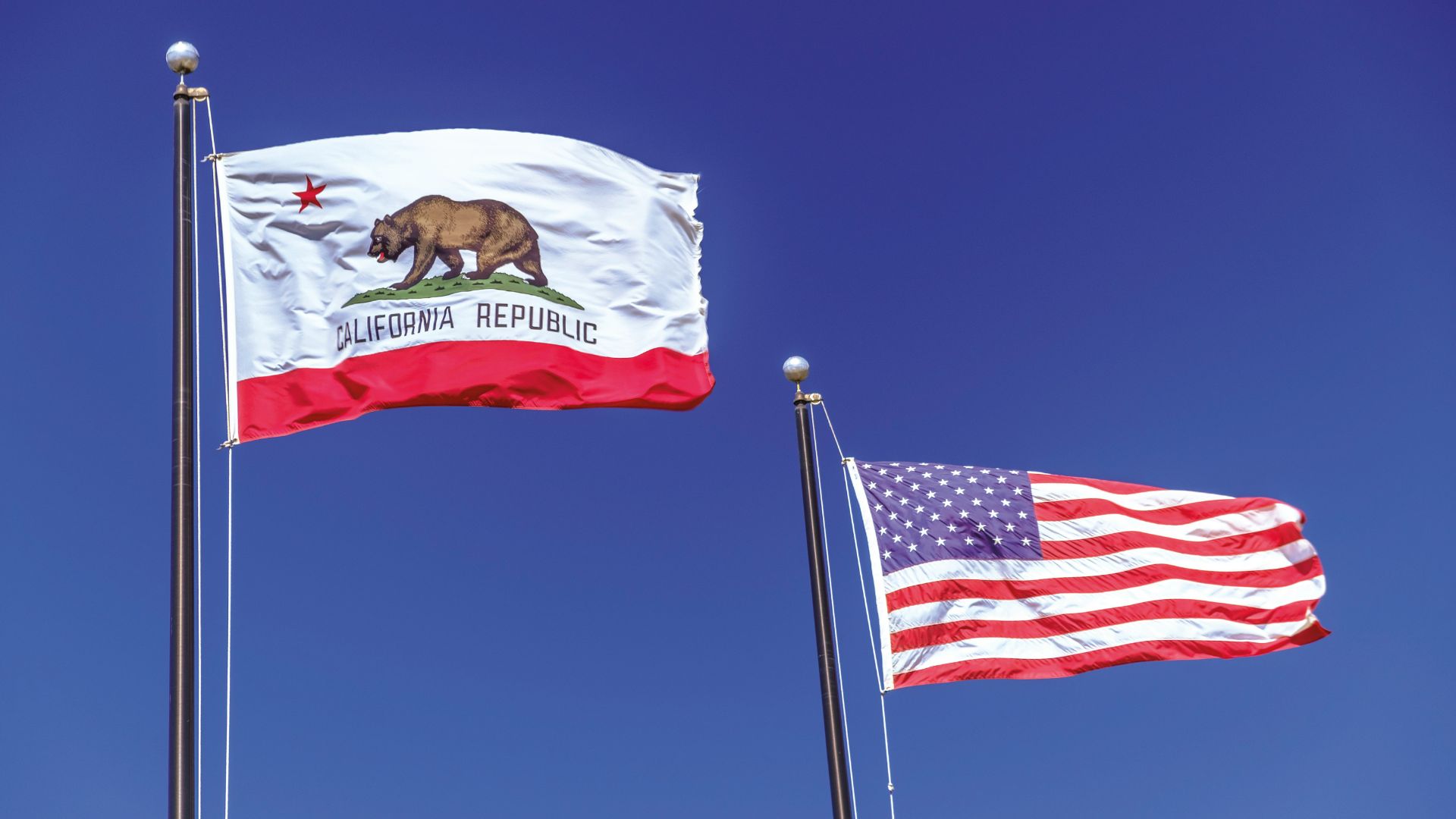
Another interesting question was asked in the survey about other businesses that operate primarily outside of California. They were asked if the new wage would influence their decision to expand or open new locations.
More than 73% of outside businesses say that they would be “significantly less likely” to grow in the state thanks to the new law.
Beloved Restaurants Closing Their Doors
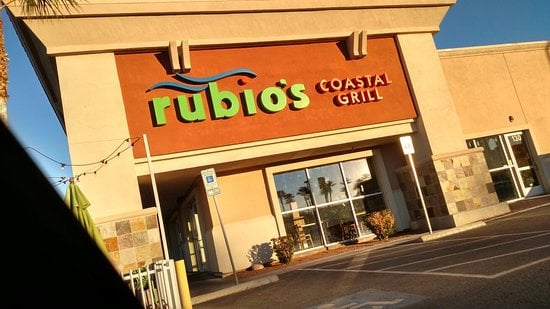
The increased cost of doing business has caused some of the bigger name brands, like McDonald’s and Burger King, to simply increase the price of regular menu items.
However, many businesses had a more severe fate. Popular chain Rubio’s Coastal Grill was forced to shutter 48 of their locations across the state’s southern region.
Gavin Newsom’s Office Fires Back
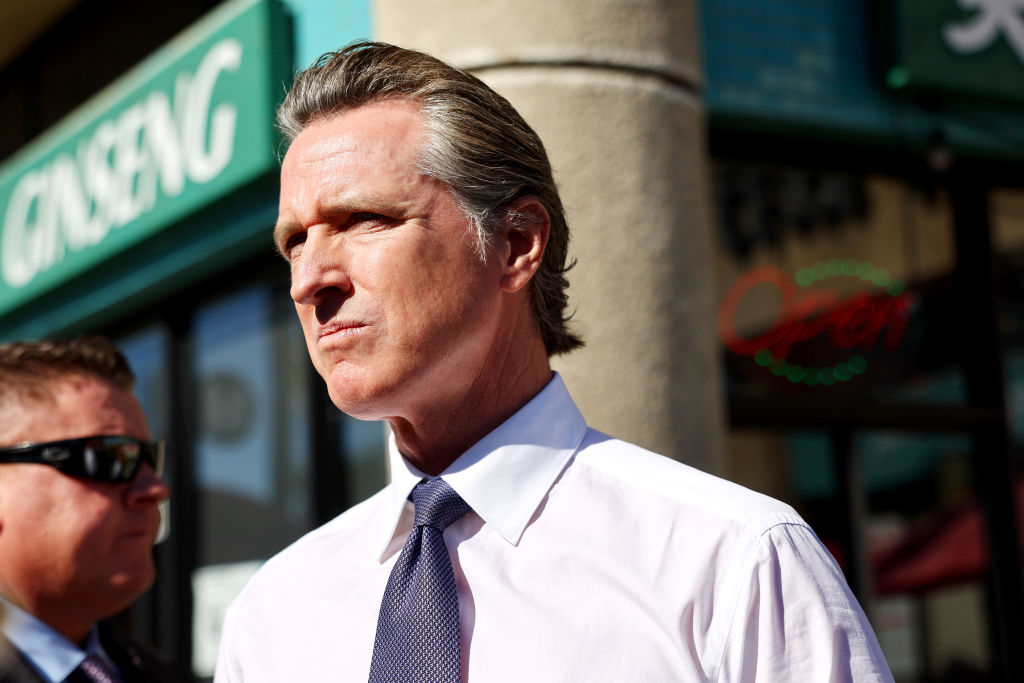
Instead of taking the survey results without a fight, a representative for Gavin Newsom’s office fired back at the company responsible for the new information.
They told the Post “This is a bogus online survey conducted by a DC lobbying firm that’s funded by corporate restaurant chains — all to protect their profits. Federal government data shows the actual facts here — fast food jobs have increased every month this year, including since California raised the minimum wage for workers,” the spokesperson said.
California Fast Food Union Workers Ask for Another Raise
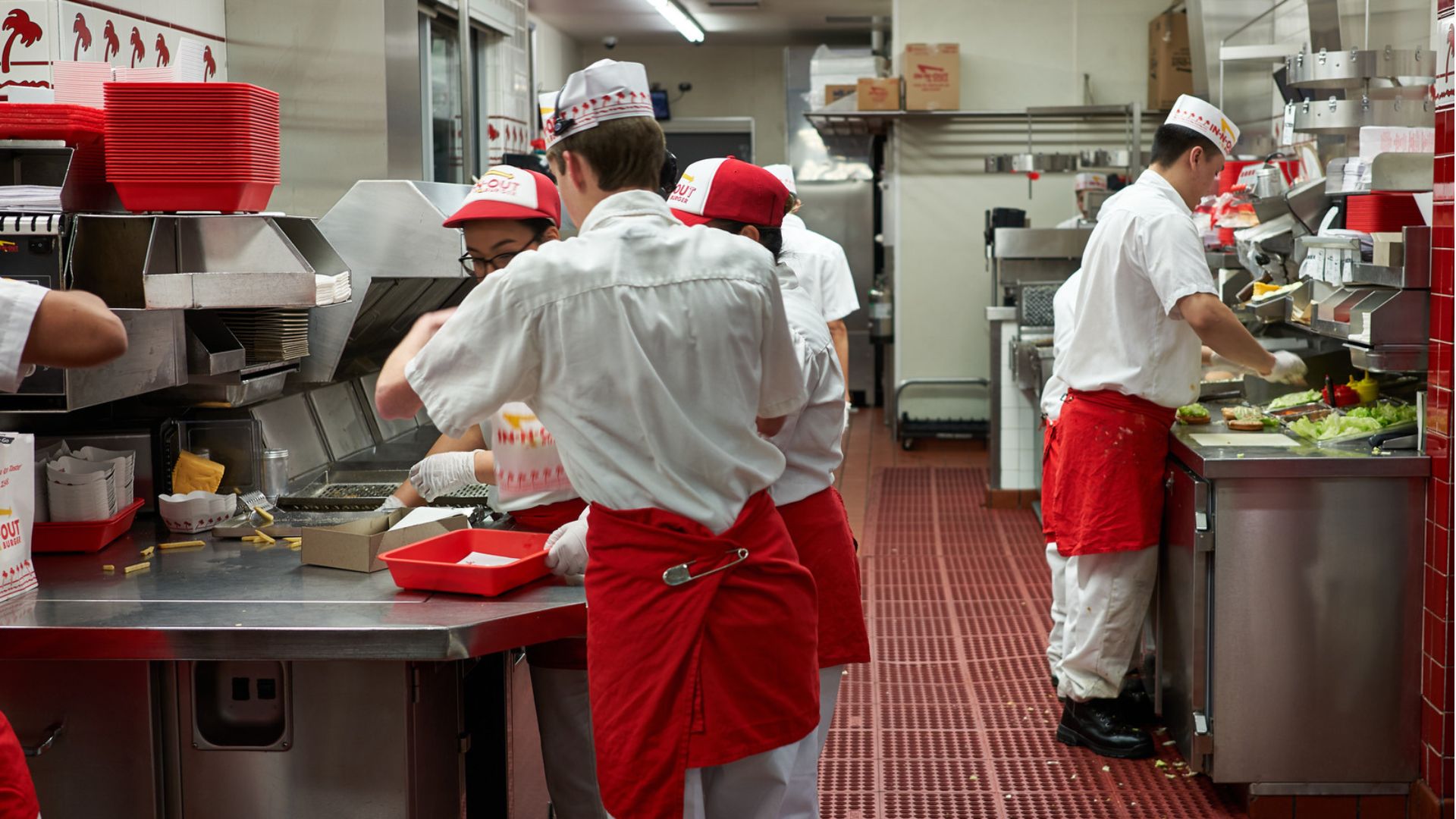
This month, the California Fast Food Workers Union asked for another wage increase. Their hope is to increase the wage fully to $25 in the near future.
The union is asking that the wages for workers be raised to $20.70 per hour starting on January 1, 2025, “to keep up with the rising cost of living.”
Low Wage Workers Can’t Afford California
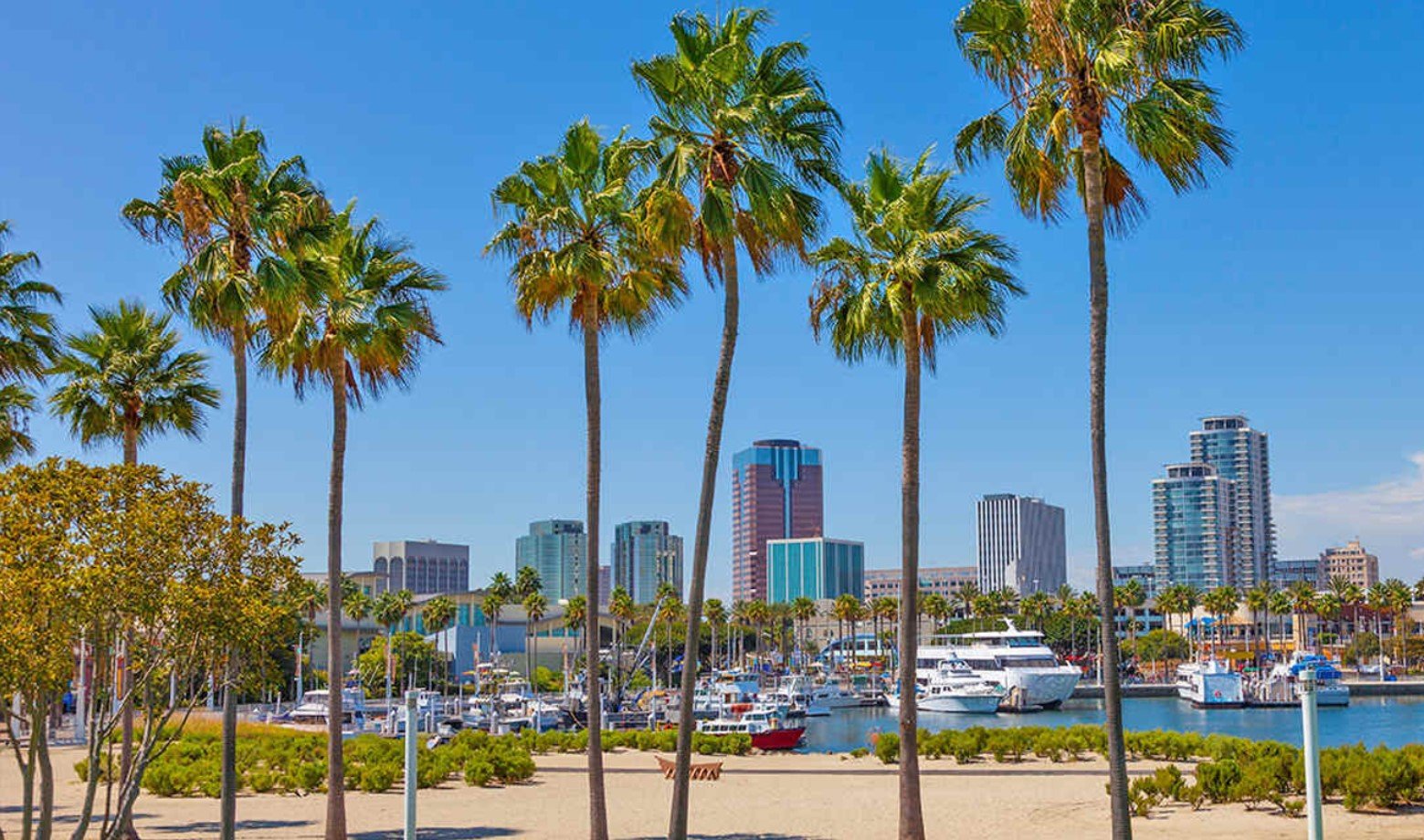
One of the massive reasons behind the increase in wages for fast food workers is that home prices and rent in the sunny state have become outrageously unaffordable.
There are currently no areas in the state where a full-time minimum wage can pay for a one-bedroom apartment. Due to this reason, many fast food establishments have a hard time keeping their stores staffed.
Traffic For Companies Has Slowed
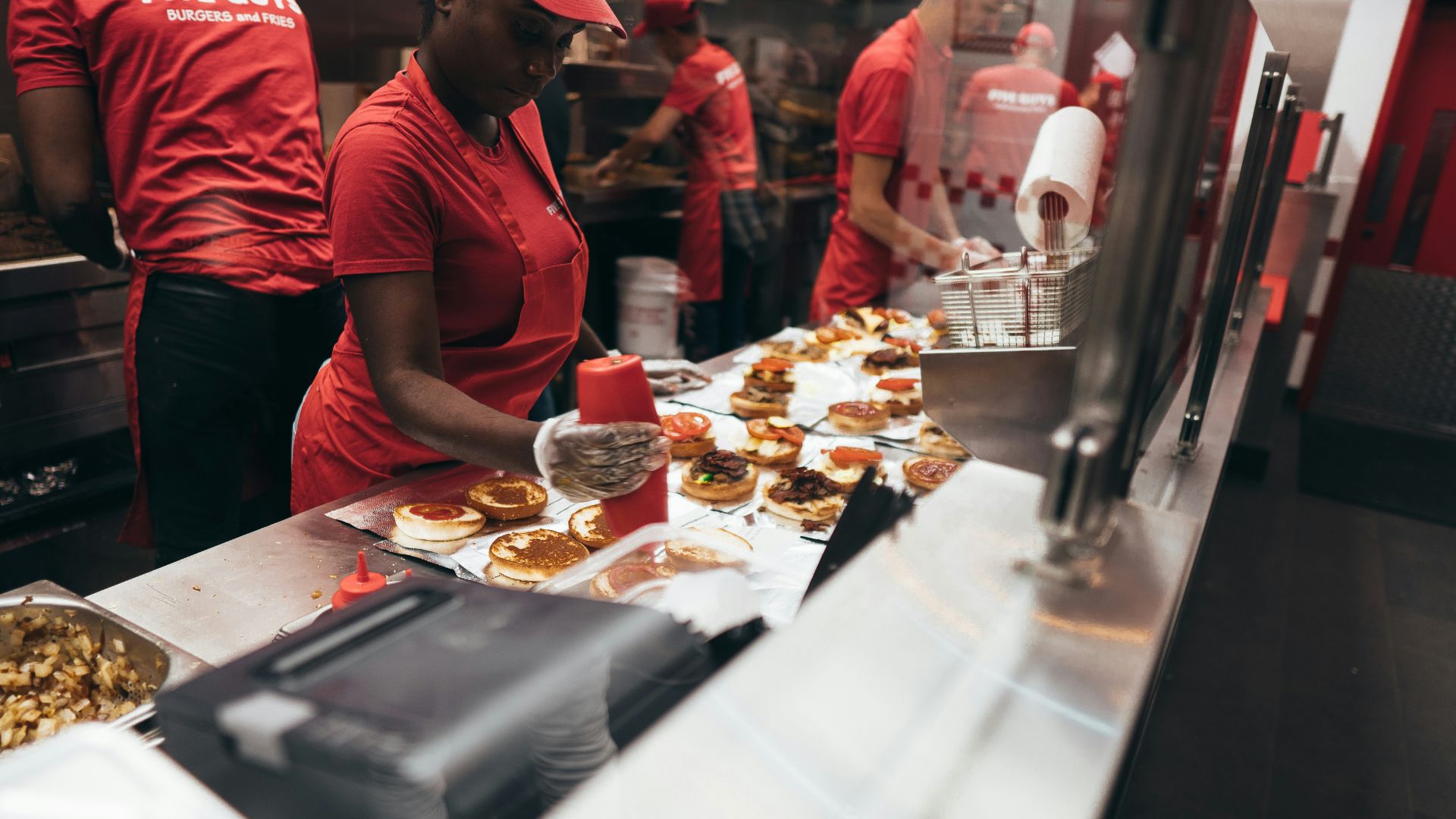
Since the new law took effect and popular brands like McDonalds, Taco Bell, and Burger King announced price increases, foot traffic fell at these establishments at roughly 4%.
As well, many people are asking the question as to why CEOs and executives make dozens of millions of dollars every year if they are so hard up for cash.
California Is Not An Outlier on Higher Wages
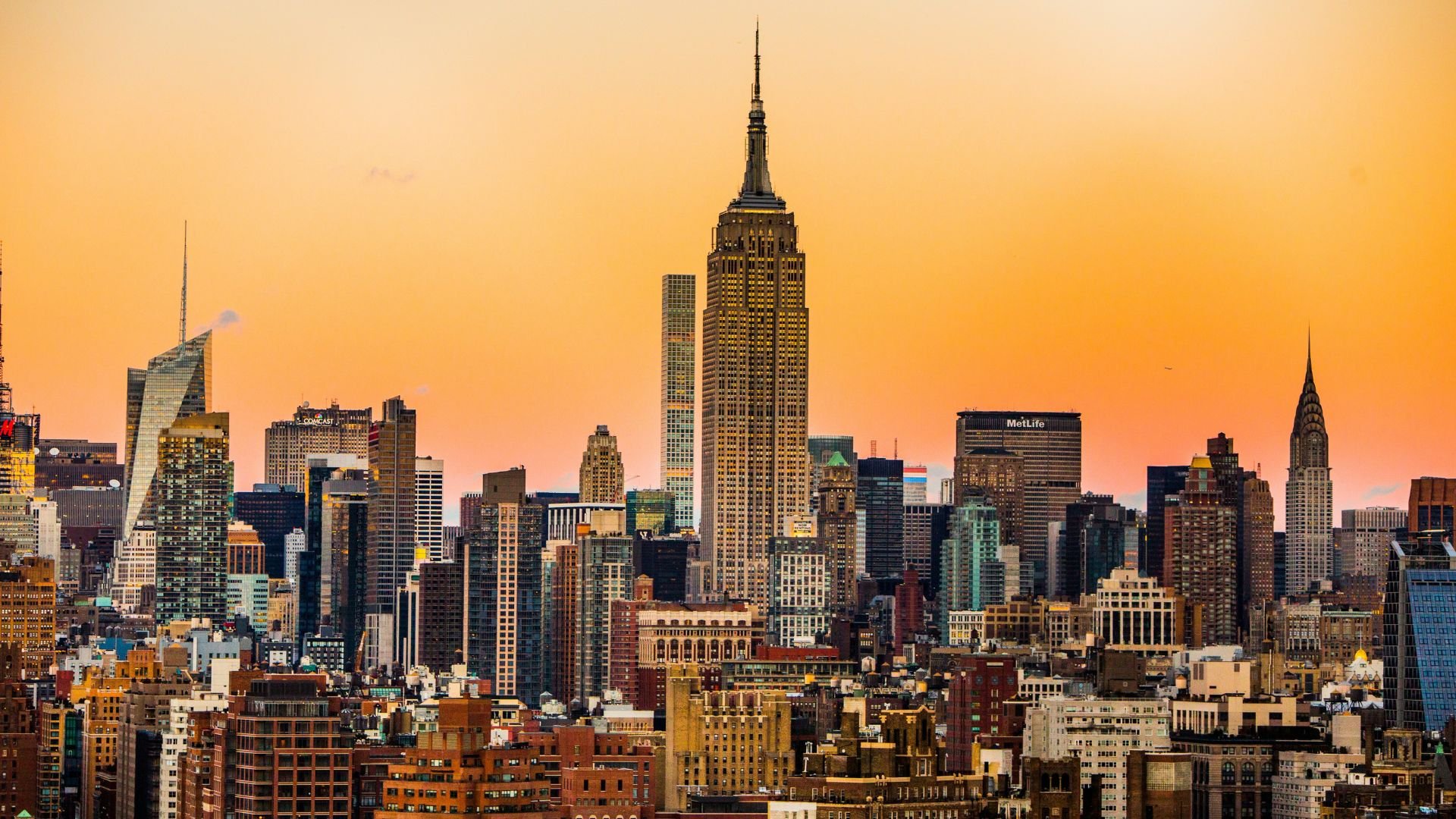
There are plenty of large cities in busy states around the country that pay a premium for workers in fast food restaurants or any service role to adjust for the sky-high rent costs.
In many places, wages are needed to keep workers close to the locations. Although it’s not expected that a fast food worker can afford to live in Beverly Hills, it’s still assumed that they can buy or rent something relatively close by. Otherwise, companies have a hard time retaining employees.
Higher Pay Often Stops Labor Shortages
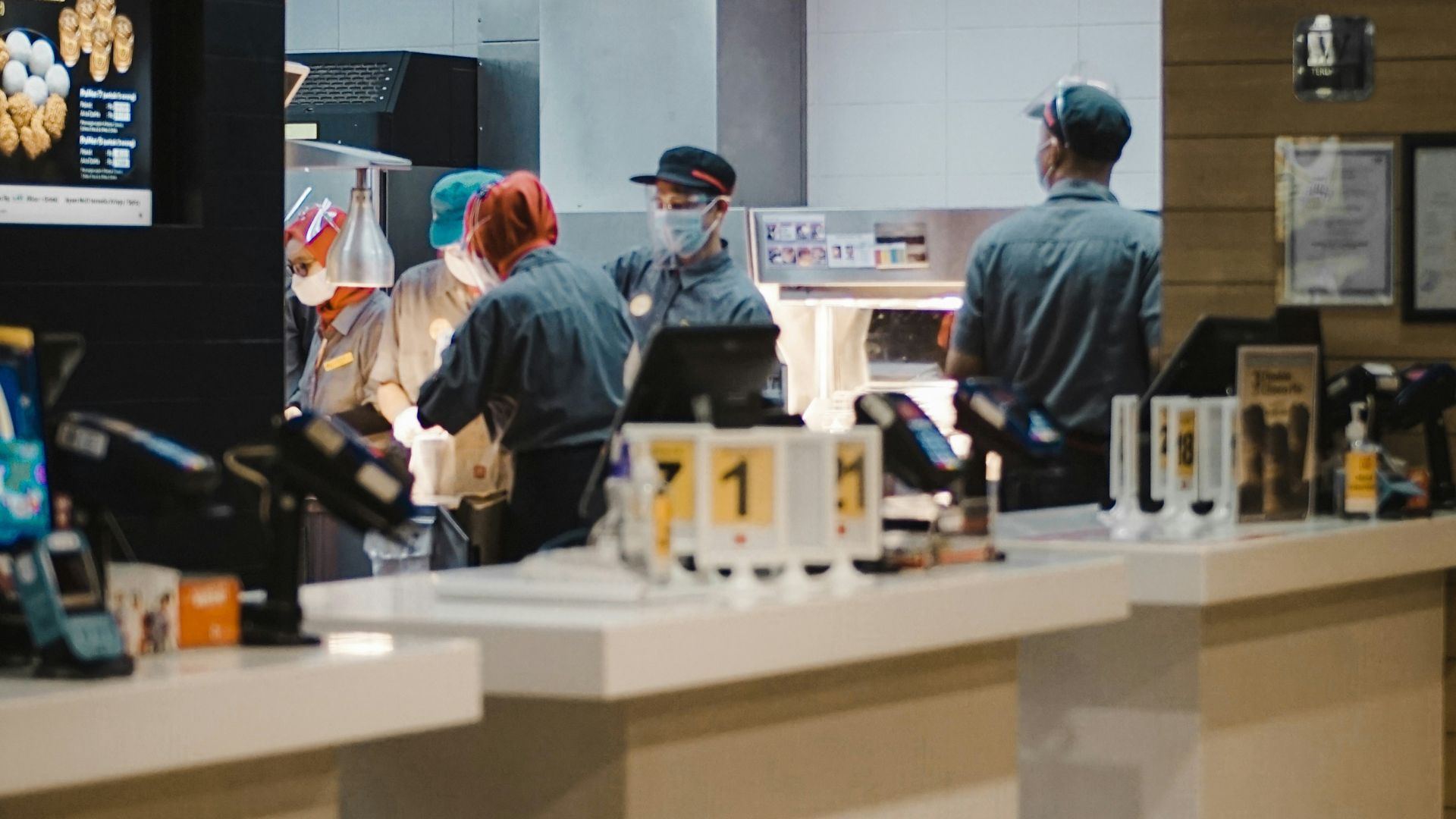
Although it might seem like a lot to be paid for fast food work, In-N-Out has already set an example of paying their employees a base wage of $19 dollars for years now.
They also offer full health benefits and comprehensive 401k plans for all part- and full-time employees. They often note that paying slightly higher than the industry average and giving out great benefits means that their employees are loyal and stay with them for years while working harder to accomplish the company mission.








































